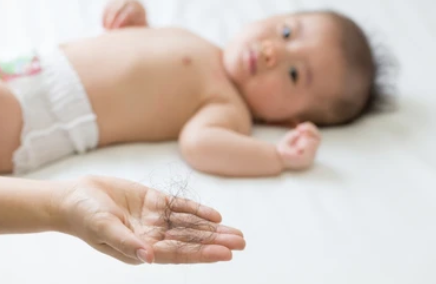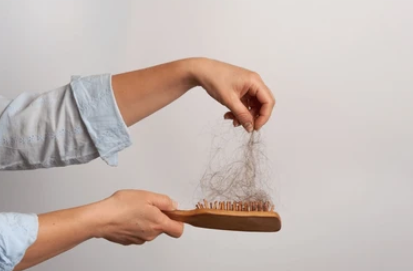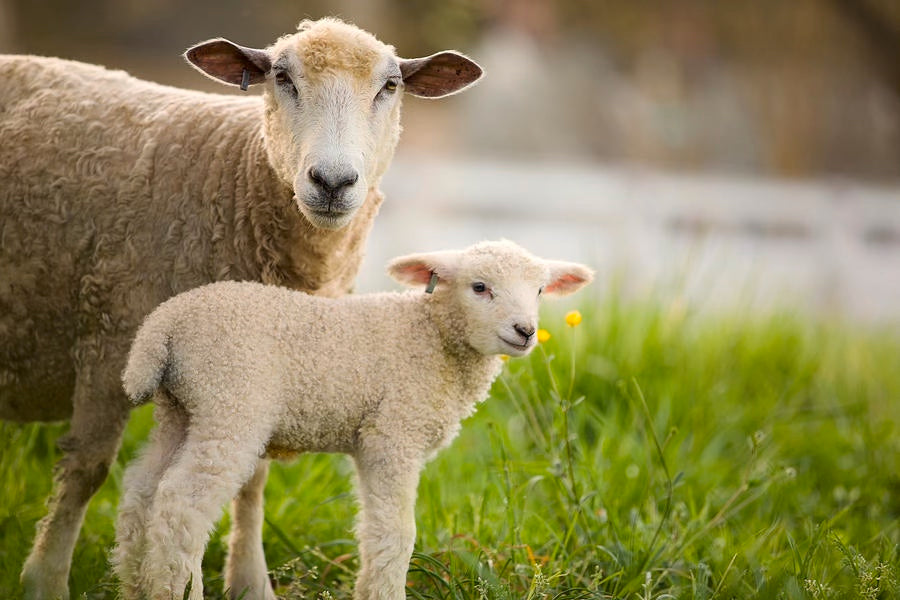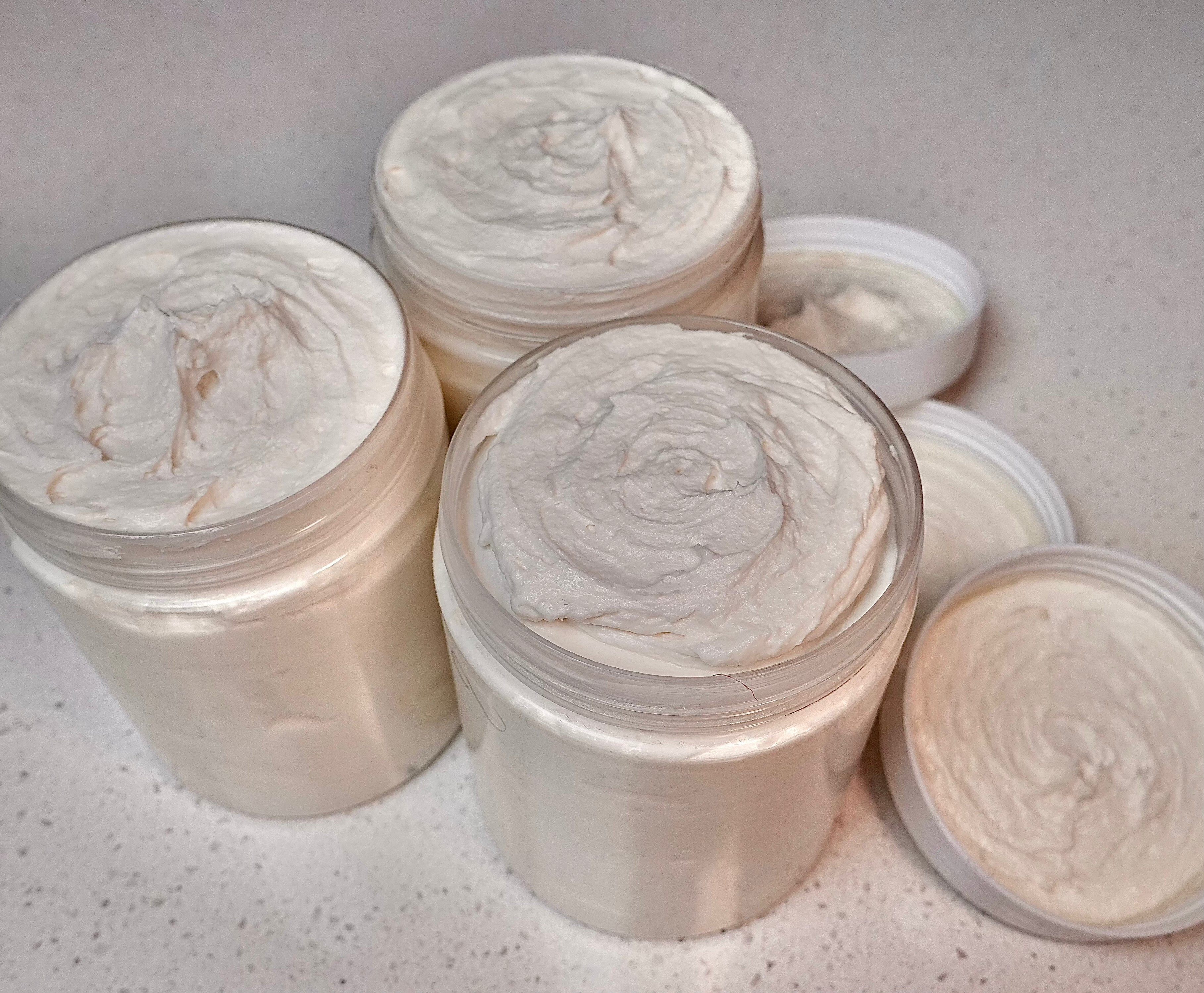Losing It: Understanding Postpartum Hair Loss and Why Women Experience It

Becoming a mother is an incredible journey filled with numerous changes, both physically and emotionally. One common post-pregnancy change that many women experience is postpartum hair loss. It can be a concerning issue, but understanding why postpartum hair loss occurs can help new mothers navigate this natural process. In this blog post, we'll explore the science behind postpartum hair loss and why it happens.
The Science of Postpartum Hair Loss
Postpartum hair loss, also known as postpartum alopecia, is a common phenomenon that typically occurs a few months after giving birth. To comprehend why it happens, it's essential to look at the science behind it:1. Hormonal Shifts: During pregnancy, a woman's body experiences significant hormonal changes, including a surge in estrogen levels. This hormonal shift can lead to thicker and healthier hair during pregnancy. However, after childbirth, there is a sudden drop in estrogen, and this change can trigger hair shedding.
2. Anagen Phase Prolongation: Hair growth occurs in cycles, with the anagen phase being the active growth phase. During pregnancy, hormonal changes can prolong the anagen phase, resulting in less hair entering the resting phase (telogen phase). This leads to thicker hair during pregnancy. However, after giving birth, the hair enters the telogen phase, leading to increased hair shedding.
3. Stress and Sleep Deprivation: New mothers often experience stress and sleep deprivation, which can also contribute to postpartum hair loss. Stress and a lack of rest can disrupt the natural hair growth cycle and lead to increased hair shedding.
4. Nutrient Depletion: Pregnancy can deplete the body of essential nutrients, which may further contribute to postpartum hair loss. Nutrient deficiencies can weaken hair, making it more prone to shedding.
5. Rapid Weight Loss: Some women experience rapid weight loss after giving birth, which can also trigger hair loss. Sudden changes in body weight can disrupt the hair growth cycle.
Managing Postpartum Hair Loss
While postpartum hair loss is a natural process, there are ways to manage it and promote healthy hair regrowth:1. A Balanced Diet: Ensure you're getting the necessary nutrients, especially vitamins and minerals like biotin, zinc, and iron, to support hair health.
2. Gentle Hair Care: Use gentle hair care products, avoid excessive heat styling, and be careful when brushing or tying your hair to minimize breakage. Also, incorporating BABY|MAMA's Hair Regrowth Serum daily in affected areas has been shown to visibly improve hair loss.
3. Stress Reduction: Practice stress-reduction techniques, such as yoga, meditation, or deep breathing exercises, to help manage the impact of stress on hair.
4. Adequate Rest: Prioritize sleep and rest to support overall health, which can indirectly benefit your hair.
5. Consult a Healthcare Professional: If postpartum hair loss is severe or persists, consult with a healthcare professional or dermatologist for guidance and potential treatments.
_______________________
Postpartum hair loss is a natural occurrence for many women, primarily due to hormonal changes and other factors associated with childbirth. Understanding the science behind postpartum hair loss can help new mothers navigate this process with greater ease. By focusing on self-care, BABY|MAMA's Hair Regrowth Serum, a balanced diet, and managing stress, you can support healthy hair regrowth and enjoy the beauty of motherhood with confidence.



